How Stereotypes about the Latino Community Lead to Racism
Pictured here is Daphnne Cabrera ’23 with her family and two dogs: Luka and GiGi.
October 27, 2021
The U.S.
I want to speak on behalf of the Latino community. We are often misrepresented in politics, media, and society. We are not prioritized, heard, nor taken seriously. We have not only been largely ignored, but also portrayed negatively through stereotypes. Stereotypes are wrong and racist, and a lot of Latino struggles are made into jokes.
Here is a quick lesson on what is and isn’t the truth about Latino culture.
1. All Latino countries are NOT the same.
2. Every Latino country contains different cultures, music, food, appearances, traditions, beliefs, mannerisms, forms of speaking, etc.
3. Brazilians speak Portuguese, NOT Spanish.
4. Latinos are NOT the “bad guys” as society, the media, and movies portray us to be.
5. Hispanic and Latino are NOT the same thing.
6. We certainly are NOT unintelligent and worthless.
7. We ARE hard workers.
8. We ARE brave.
9. We are continuously judged and discriminated against, yet we remain proud of our heritage.
10.We are not all here illegally. And if some people are here illegally, it doesn’t mean that they are criminals.
My Story: Growing Up in Westborough
When it comes to identity, it’s difficult for those around me to understand what my background is. My mother is Brazilian, which means I speak Portuguese with her side of the family. And my father is Ecuadorian, which means I speak Spanish with his side. Even though they are both Latin countries, both cultures are incredibly different from how white Americans perceive them. Being mixed has always been a struggle. My hispanic side and friends say “I’m too Brazilian to be fully hispanic” and my Brazilian side and friends say “I’m too hispanic to be fully Brazilian.” I identify as Latina, however, I am half hispanic and half brazilian. Therefore, it’s always a constant struggle for myself and others to understand who I am.
The lack of cultural knowledge around the Latino Community is despairing. Growing up Latina in a predominantly white small town has been genuinely difficult. Almost no one accepts you for the way you look, talk, think, and act. No one accepts you for you. I grew up with my Latino cousins always greeting one another, inclusivity, constant hugging and laughing, etc. However, my experience with students in Westborough has been the complete contrary. As I grew older and entered middle school and high school in Westborough, I was able to meet people from other diverse towns and experience what felt like being around my cousins. I live in a community where students obsess over “white popularity.” Learning that this idea doesn’t exist in nearby towns made me start to hate living in Westborough. It has always been a consistent struggle not feeling like I fit in, in every single setting since elementary school.
Every time I enter one of my AP classrooms, I receive stares like everyone’s surprised I am in the right classroom. I am perceived as unintelligent. Many people assume I can’t speak, write, or read properly because I am Latina. It’s difficult for students to believe me when they find out I take honor classes or that I’m the junior co-editor of our school newspaper. I have even had students take my role in writing for projects because they doubtlessly believe their writing skills are better.
One time when I was working in a small group, a fellow student said to me, “Let me write, I’m in Honors English.” They were automatically assuming I must be in L3 or below with a lower writing ability. The constant struggle of people assuming I’m stupid in school is so tiring. I feel as though I have to constantly prove my intelligence to people, while other white Americans never do.
It is embarrassing when students and teachers say Westborough is an inclusive community, because growing up here has felt like the complete opposite, and I have heard the same sentiment from several other students. I’ve had students comment on my baby hairs, arm hair, my speech, my style, my skin tone, tamales my grandmother packs me for lunch, my music, etc. School has never been a comfortable place for me.
A prime example of this was at this weekend’s Homecoming. My date and I identify as Latino and my friend and her boyfriend also do. At the entrance we were stopped by organizers of the event (teachers and students), as if we weren’t meant to be there and out of place. At first I thought everyone was to be stopped and checked, however, seconds later a group of 4 or 5 girls who identify as white walked through unchecked.
I know I’m not alone in experiencing these types of situations. I want to encourage fellow students of color to share their stories as well. If you are interested in sharing your story, please email me at [email protected]. Note: you may remain anonymous or provide your name.
Sources Used:
https://www.insidehighered.com/blogs/conversations-diversity/who-counts-person-color
https://www.nbcnews.com/news/latino/racism-not-lack-assimilation-real-problem-facing-latinos-america-n974021

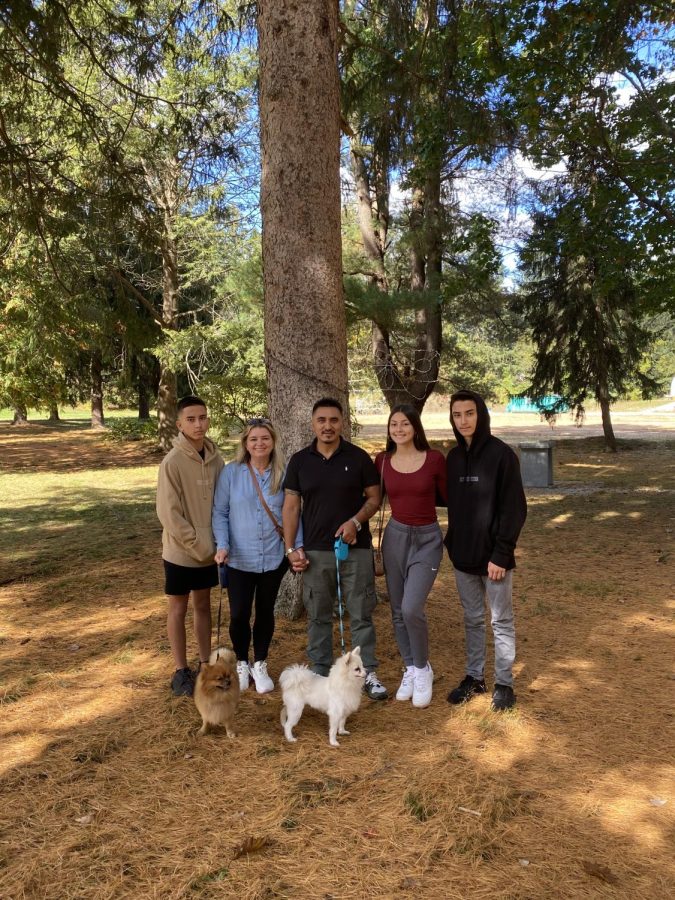
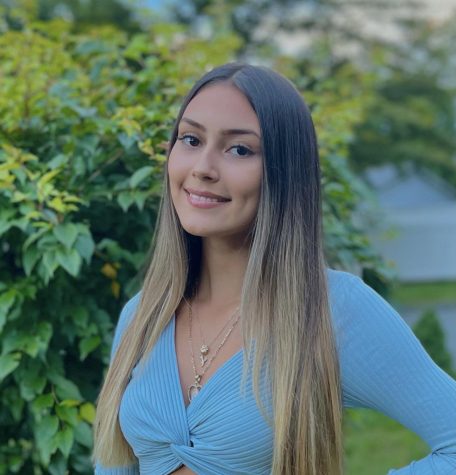


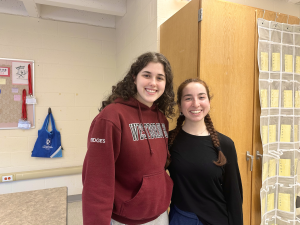


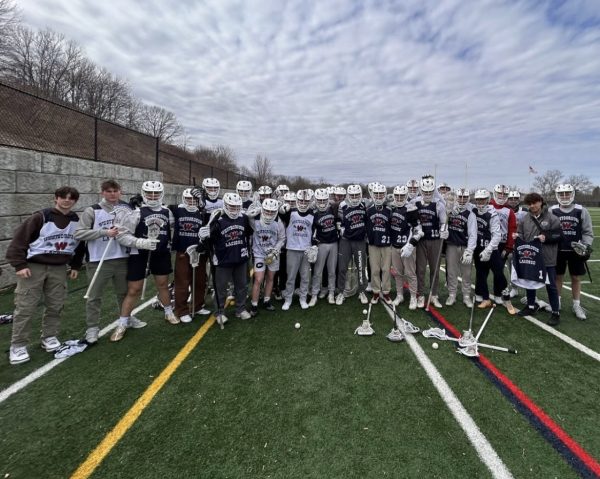



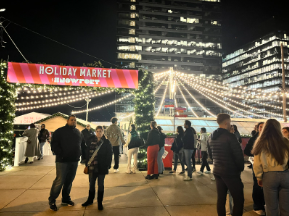

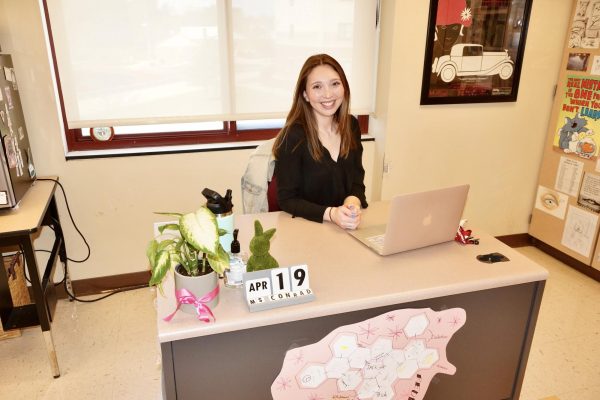


Lily vaughan • Nov 2, 2021 at 11:30 am
This article was really eye-opening and I hope this sparks a conversation that we need to have! Thank you for sharing, Daphnne!
Yael Bugaev • Nov 2, 2021 at 11:28 am
While reading this article I had many thoughts going through my head, it was such a powerful piece overall and it was so brave of you for speaking up about the community.